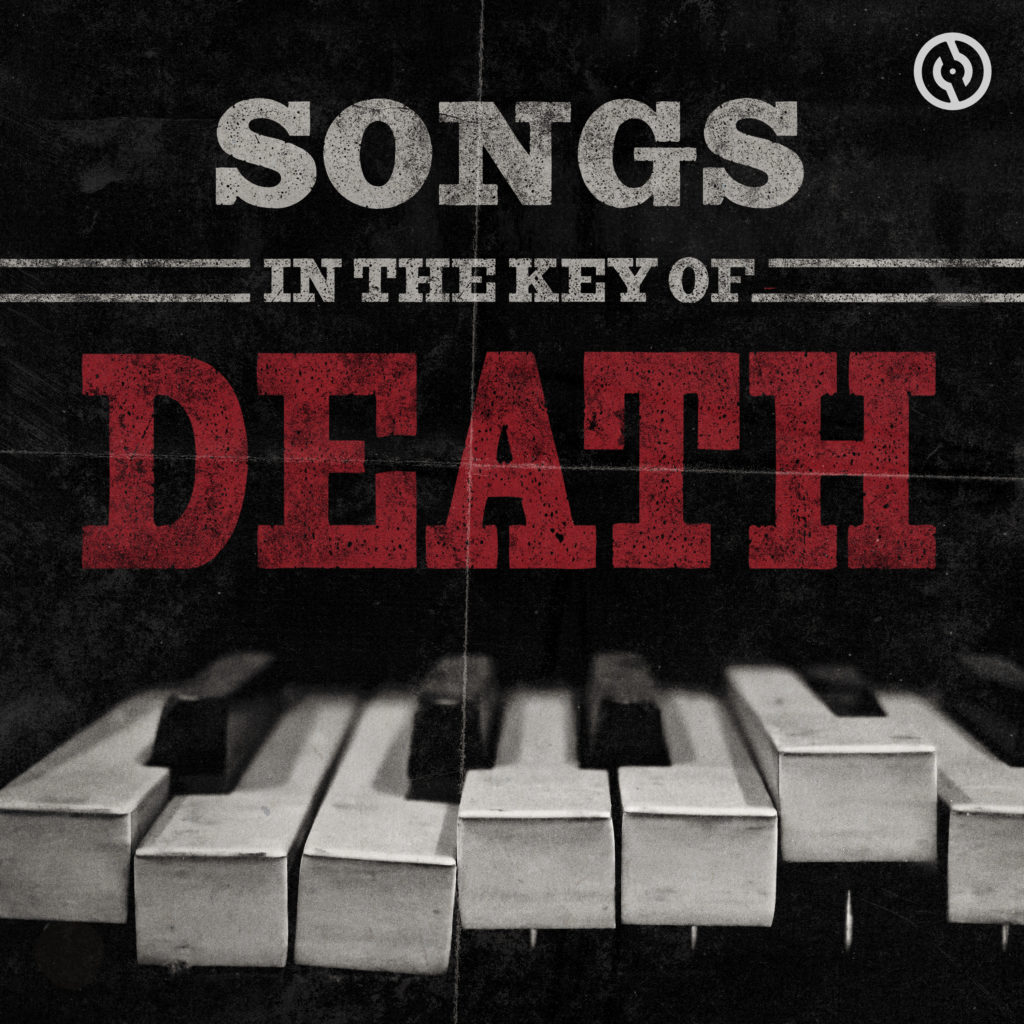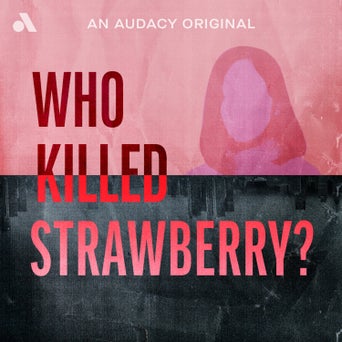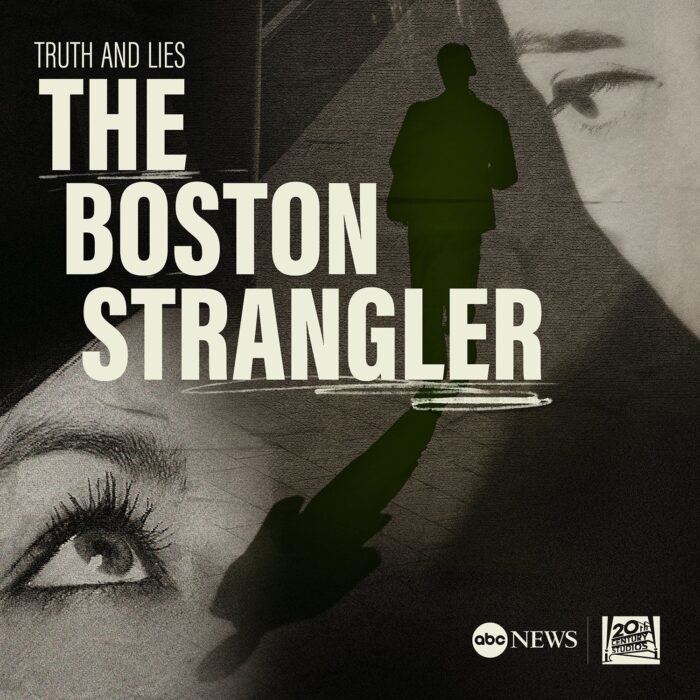‘Songs in the Key of Death’ is making a soundtrack to true crime

An amalgamation of true crime, music, and history has finally come to fruition. “Songs in the Key of Death” (not to be confused with Stevie Wonder’s Songs in the Key of Life) is looking at the true crimes that inspired the murder ballads that are engraved in music history. From the folk song/Johnny Cash-classic Delia’s Gone to Lloyd Price’s Stagger Lee, each story has been passed down for nearly a century, each generation spinning new tales of very real murders. The songs themselves have become what one could call legends, but the people whose fates inspired these classics have faded into the abyss of history.
Courtney E. Smith, music critic and author, hosts this new Nevermind Media podcast. Each episode of the first season explores a single ballad and the bloodied history behind it. “Songs in the Key of Death” looks at the violent criminals that music immortalized, the not-so-guiltless society that let them off the hook, and the underrepresented victims that couldn’t share their side of the story.
First of all, “Songs in the Key of Death” is a no-brainer for fans of country and folk music: that’s where all of these murder ballads stem from. Ballads themselves are most appropriately described as poems set to music and they were spread across America in the late 1800s by balladeers, who went town to town singing their songs. Murder ballads are thus a subset of ballads, recounting true stories of gruesome crimes too haunting to forget.
Delia’s Gone
The first episode covers Johnny Cash’s career-reinvigorating hit Delia’s Gone. The song recounts what is a true tale of the murder of Delia Green, but the song itself holds little truth. The ballad is sung from Delia’s murderer’s point of view, with lyrics like “If I hadn’t shot poor Delia, I’d have had her for my wife” and “First time I shot her, I shot her in the side, Hard to watch her suffer, But with the second shot she died.” The song goes on to describe her as a trifling young woman, cold and mean, the narrator being her jilted lover who felt he had been wronged by her.
In reality, Delia Green was a 14-year-old Black girl from Savannah, Georgia. On Christmas Eve, 1900, she was shot by 15-year-old Mose Houston, whom she had potentially been dating. While Houston was sentenced to life in prison, the jury begged the judge to take mercy on him, despite his confession to the murder. He was imprisoned for only 12 years of a life sentence when he was set free and probably made his way up to New York City. Delia, though, was buried in an unmarked grave in Savannah.
Over the following decades, songs about young Delia grew popular, often slandering her and making her out to be an evil and adulterous prostitute that was the subject of men’s violent fantasies. Delia’s Gone is a marker of what it was like to be a Black woman in the early 1900s American South. Her life would’ve been largely segregated and she would not have had the right to vote until she was 65 years old.
“Songs in the Key of Death” is not just the recanting of gruesome murders that inspired folklorists. It is a worldly and trenchant look at history and how it has not-so-kindly treated it’s people. Yes, it is a combination of music, history and true crime, but it is also a reflection on how our culture then is still reflected in our culture today. Listen to more episodes of “Songs in the Key of Death” to hear about the crimes that inspired a genre of music.






